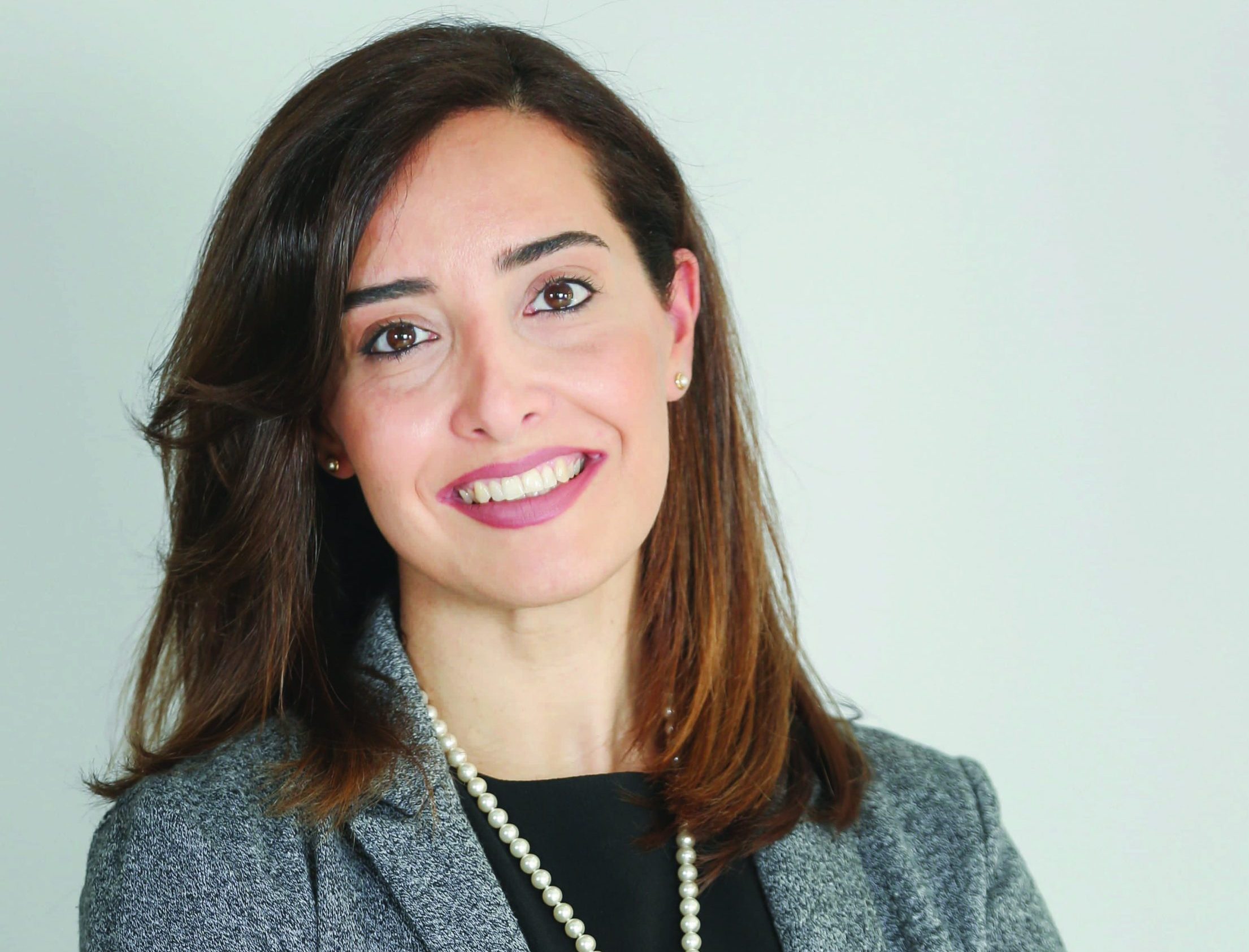
In the Middle East advertising landscape, the portrayal and participation of men and women are not just reflections of cultural norms, they have become catalysts for change. Just as the saying goes, “Culture is to humans as water is to fish”, we often swim in strong currents of societal norms without realising their pull. It’s only when someone spots a shark in the water that we start to identify the implicit bias or stereotypes that have gone unattended.
Today, the diversity, equity, and inclusion (DE&I) narrative has created many such eye-opening conversations within the industry. In the coming days, we welcome you to delve into the insights of industry leaders, who call a spade a spade. They have come to a consensus that while significant strides have been made, there’s still a long way to go. The industry faces the challenge of not just acknowledging the gaps but actively addressing them. The hope is to herald a future where DE&I is so ingrained in our culture that the changes we request today are foregone conclusions.
The needle has definitely moved, but a sense of equity and normalcy hasn’t quite settled in. Read what the leaders had to say:
Joyce Hallak, Chief Strategy Officer, Publicis Media Middle East
How has diversity and inclusion improved on the ground within the industry?
I believe there have been great strides in the right direction, but we still have a long way to go. From the agency side, we see better representation of women in senior roles, however the same is not true on the publisher/supplier side, production houses or even client side.
Furthermore, when we talk about DE&I in our region, we are still primarily focusing on gender parities and representation. DE&I should also encompass authentic representation of the region’s diverse cultures and identities in advertising campaigns, as well as the inclusion of underrepresented groups in the workforce like people with disabilities (visible and non-visible) or neurodiverse individuals.
If there’s one barrier you would break down, what would it be and why?
Unconscious bias is the most prevailing barrier to entry, especially for individuals from diverse backgrounds. Despite all efforts, we are still very much a very stereotyped industry.
How in your opinion can collaborative campaigns – and their visible, tangible impact – further the cause for DE&I in the industry?
Our region is one of the most diverse in the world. However, the same is not reflected in ad campaigns. Driving meaningful change starts with genuine collaboration to promote true representation of this diversity, bringing fresh perspectives from rising creators and storytellers who authentically represent the audiences we strive to reach.
Can you share a particularly memorable campaign or project that you’ve worked on and its impact on the brand?
I’ve worked on several NGO campaigns that truly made a positive impact on women’s empowerment and women’s rights. However, from a brand perspective, working on Visa She’s Next. It’s a programme that empowers women entrepreneurs across the Middle East, giving them the opportunity to thrive and expand their businesses, truly shows how a brand can walk the talk and create impact.
What were some pivotal points in your career that contributed to your success within advertising?
I have never confined my ambition or goals to what is traditionally expected of a woman or mom in our industry. At every stage, there have been small successes that contributed to where I am today. But the major pivot that impacted my career the most was the opportunity to lead regional clients across wide and diversified EMEA geographies while being based in Lebanon (and this was before the era of Teams and Zoom). This exposure allowed me to work with brilliant minds from different backgrounds and cultures and truly appreciate and leverage differences effectively.
Can you share some personal habits or routines that have helped you embrace your authenticity and express yourself?
The most important thing I remind myself about every day is to have an open mind and embrace the uniqueness of each and every one I work with. I believe in the power of positivity, so you’ll always see me smiling no matter what.
What words of wisdom would you share with women new to the industry and/or the Middle East region? Do you think the advertising industry needs newer, more relatable mentors? Why?
I would tell this to every person, man or woman, be laser-focused on your goals, never stop learning, instil a can-do attitude in yourself and don’t be afraid to defy expectations and challenge the norms.
The industry absolutely needs more relatable mentors from diverse backgrounds who understand the challenges and opportunities of today’s realities and can create a supportive environment.
At Publicis Groupe, we have an internal mentorship program that allows employees worldwide to connect with each other, find people who inspire them to partner with, support and guide them to advance their careers. And this is one way of celebrating and valuing the differences in identity, background, and experience of all our talent.
What allyship message would you share with your colleagues in the industry?
Actively unite and challenge biases and stereotypes to create a more equitable industry for all. I believe that industry boards like the IAA need to play a bigger role by leading this conversation, engaging all stakeholders and setting industry-wide goals.
What steps would you advise to prevent “DE&I washing” within the industry?
To prevent superficial diversity efforts, the industry must commit to long-term, genuine actions that are transparent and measurable. Establishing industry-wide standards and holding stakeholders accountable for continuous progress is crucial.
What would an ideal world in the coming years look like?
Diversity is the norm and not a hot topic. Equal representation and equal opportunities for advancement irrespective of gender, culture, background or experience.









